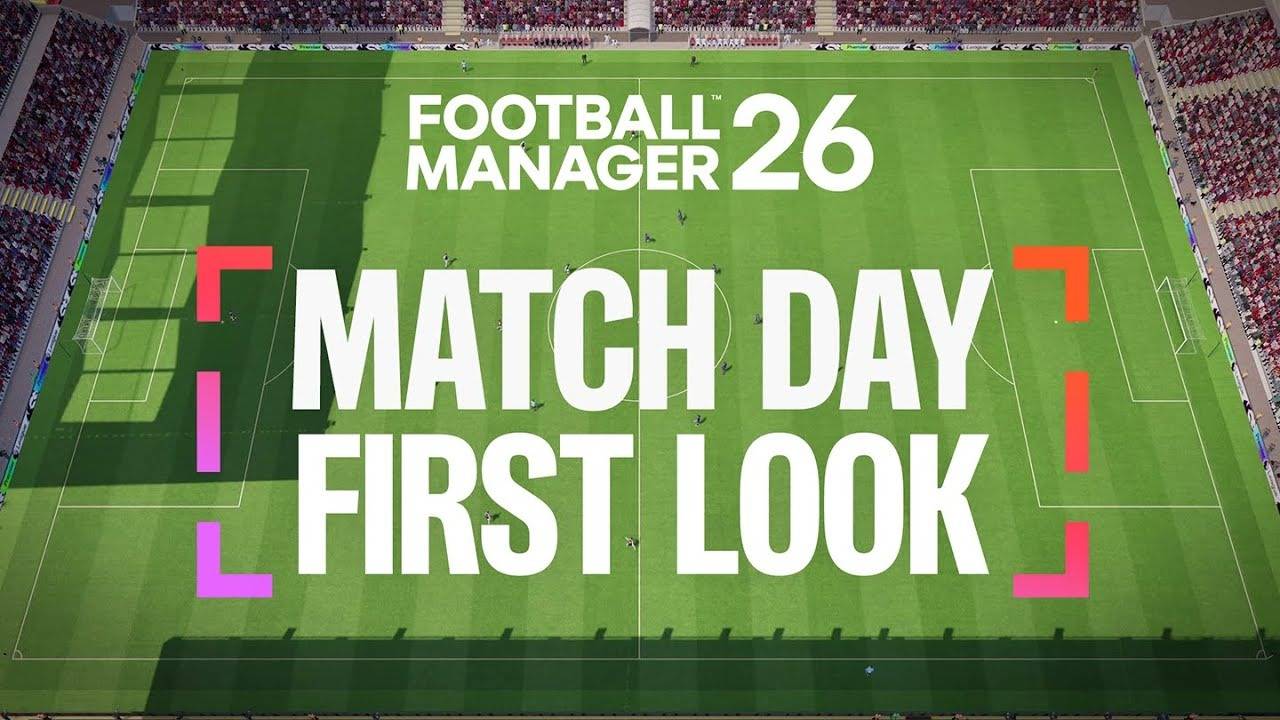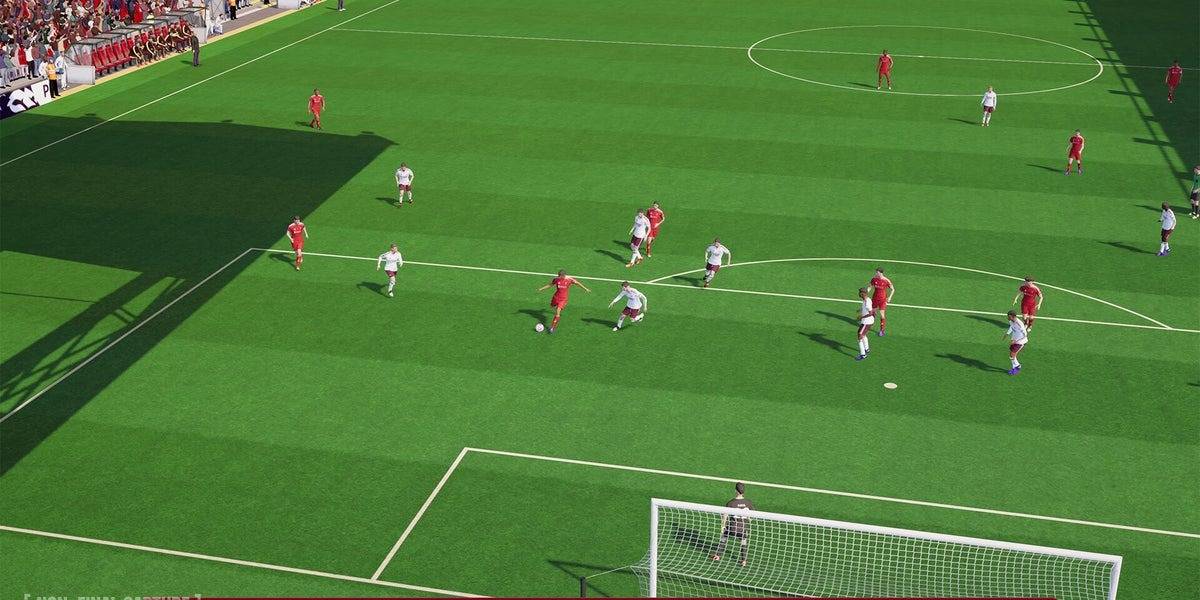A Flashy Facelift: Football Manager 26’s New Match Engine Looks Like a Trip Back to Classic FIFA
Popular Now
 Brawl Stars
Brawl Stars
 Black Myth: Wukong
Black Myth: Wukong
 Gacha Club
Gacha Club
 Garena Free Fire: Kalahari
Garena Free Fire: Kalahari
 Grand Theft Auto V
Grand Theft Auto V
 Call of Duty
Call of Duty
 Counter-Strike 2
Counter-Strike 2
 Free Fire
Free Fire
 Schedule I
Schedule I
 Roblox
Roblox 
For decades, the Football Manager series has been the undisputed king of simulation, a game where the spreadsheets and statistics matter far more than the on-pitch visuals. But that may be about to change. After a long and controversial development cycle that saw the cancellation of Football Manager 25, the developers at Sports Interactive have finally given fans their first look at the game’s new match engine, and the early consensus is surprising: it looks a bit like a classic FIFA game. The new engine, which has been built from the ground up on the Unity engine, is a significant visual upgrade that promises to bring a new level of immersion and drama to the legendary management series.
More Than a Spreadsheet: The Visual Leap
The new match engine, showcased in a brief trailer, is a clear and powerful statement from Sports Interactive. For the first time, the series is moving away from its aging, in-house engine and embracing a modern platform. The result is a substantial graphical facelift. Players move more fluidly, with new motion-captured animations that make their on-pitch movements feel more natural and responsive. The stadiums and crowds are also significantly improved, looking less like static, two-dimensional backdrops and more like a living, breathing part of the match-day experience. As one fan on Reddit commented, the visuals are “like a FIFA game from the mid-00s,” which, for a franchise that has long prided itself on its “ugly but smart” visuals, is a huge compliment.
The decision to switch engines was a massive undertaking, and it was a primary factor in the cancellation of last year’s title. As series boss Miles Jacobson told Eurogamer in a recent interview, the team needed to “completely rebuild the game” to support the new technology. The new engine not only provides a visual upgrade but also lays the foundation for future improvements, including the long-awaited integration of women’s football into the game. The new match engine is a critical step in the series’ evolution, and it proves that the developers are listening to a fanbase that has been clamoring for a more immersive visual experience for years.
 The Battle of the “Engines”: Graphics vs. Simulation
The Battle of the “Engines”: Graphics vs. Simulation
However, it’s important to remember that for Football Manager, the graphics engine is not the same as the match engine. While the visuals are a welcome addition, the core of the game lies in its simulation. The underlying match engine—the complex web of code that determines player decisions, tactical outcomes, and statistical probabilities—is still largely based on the work from previous titles. As a number of long-time players have pointed out, the visuals are a new “skin” on a well-established system. While the new engine provides the tools for more realistic animations and a better visual presentation, the core tactical simulation is what truly matters. The new visuals will not, on their own, fix the game’s long-standing issues with AI, goalkeepers, or the occasional bizarre tactical breakdown.
This is a delicate balance for Sports Interactive to maintain. The company has to prove to its core fanbase that the move to a new engine is not just for visual spectacle but will also lead to deeper and more nuanced gameplay. A key part of the appeal of the Football Manager series has always been its tactical depth and its ability to simulate the intricacies of the real-world game. Fans are hoping that the new engine will not only make the game look better but also allow for a more realistic and engaging simulation. As one Reddit user commented, “The visuals are almost literally the least important element of the game. Fix the player interactions. Improve the press interactions/refresh them completely.” The challenge for Sports Interactive is to deliver on both fronts.
The first look at Football Manager 26‘s match engine is a clear signal that the series is entering a new era. With a new graphical foundation and the upcoming Premier League and women’s football licenses, the game is poised to be a major force in the sports simulation genre. The new visuals are a clear and powerful statement, and they show that the developers are willing to take a big risk to bring the franchise into the modern era. For now, we can only watch and wait, but the future of Football Manager is looking a lot more cinematic than it ever has before.









 The Battle of the “Engines”: Graphics vs. Simulation
The Battle of the “Engines”: Graphics vs. Simulation